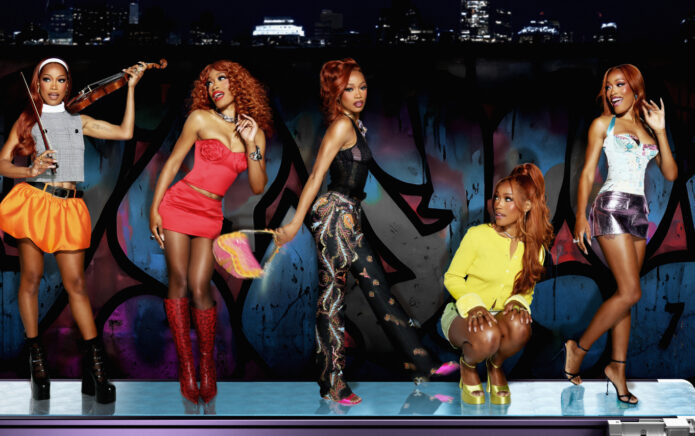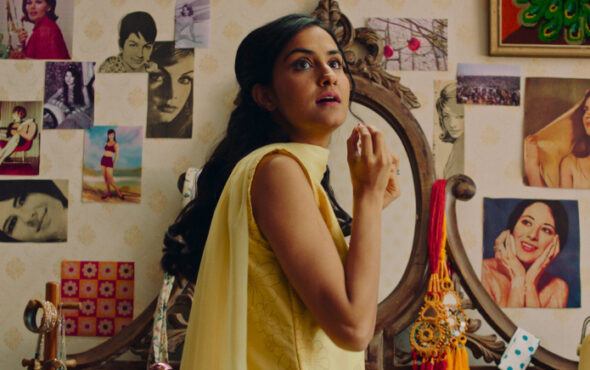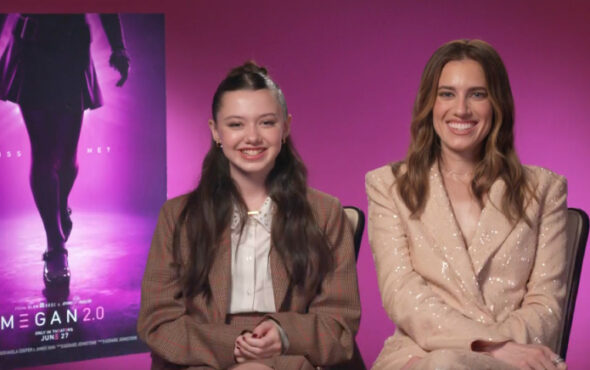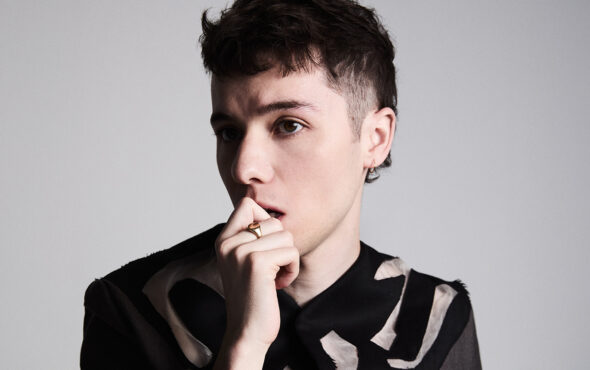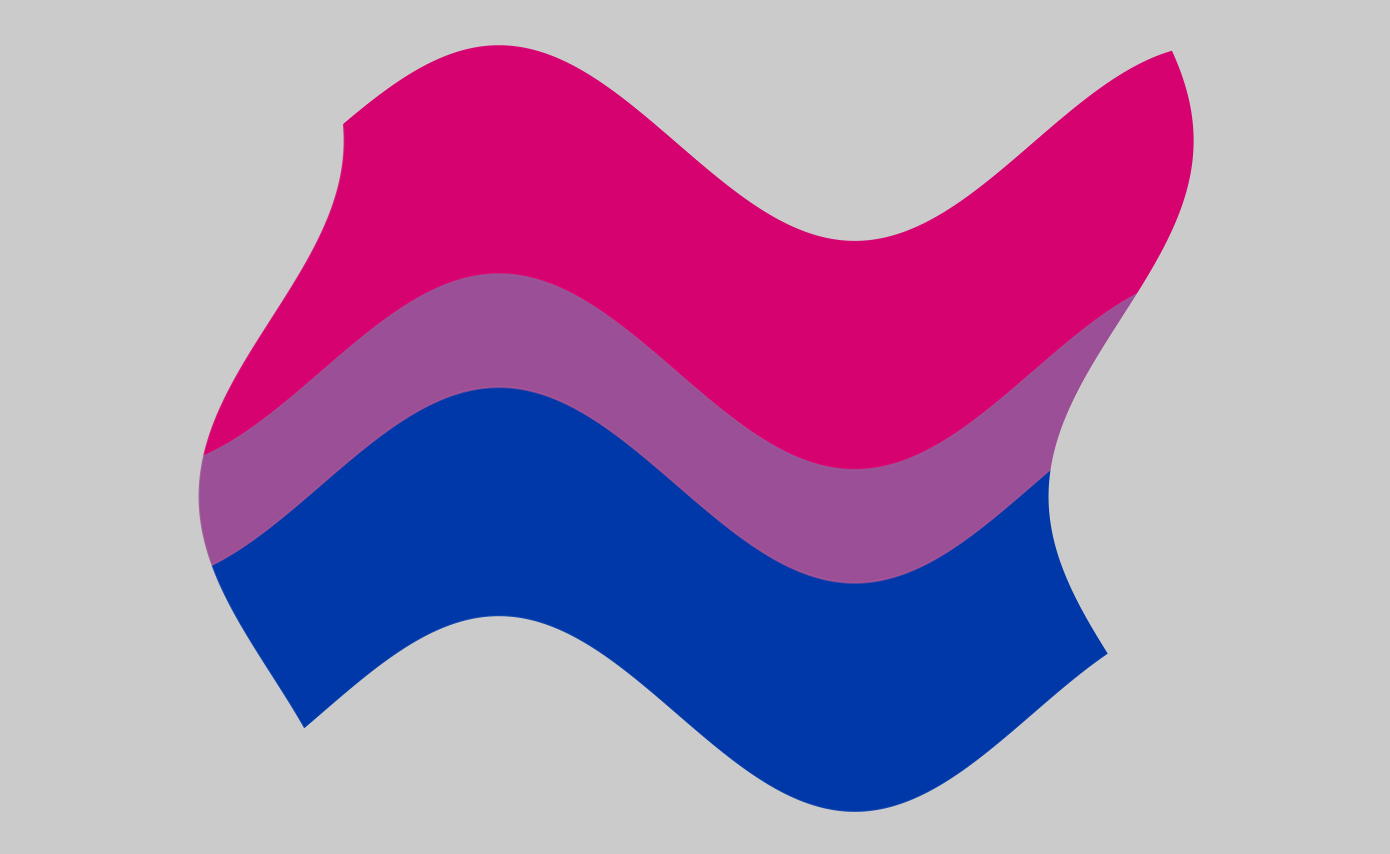
I’ve known I was bisexual since I was 14.
There have been times when I have expressed my identity with such confidence that it might have seemed like I’d developed some sort of queer superiority complex; dancing along with drag queens as if I could ever compete with their lip syncing abilities, screaming to Lady Gaga until my vocal chords were almost non-existent, being that one queer cousin who revels in pushing the boundaries at family functions (sorry, mum).
I’m a proud bisexual and I adore our queer culture, so why do I still doubt that I’m allowed to take up this space?
I remember the day I came out to my mum. Standing at the end of her bed one grey and drizzly evening, I used a sudden surge of confidence to tell her that I am bisexual. Initially, she didn’t understand. How could I like more than one gender if at that time I had a boyfriend? I did my best to answer her questions, and fortunately, she accepted me.
As time went on, I developed my confidence, attended Pride events, talked enthusiastically about my diehard crushes, and created a family of other LGBTQIA+ people where I could let my guard down and just exist. My identity was both a cause for celebration and irrelevant – in the best way.
But I was still grappling with self-doubt, compounded by casual, maybe even unconscious, bi-erasure from those around me. My friends would joke that the worst thing I could do was end up with a man – I’d be betraying myself, and my attraction to men surely couldn’t be real.
I laughed too, as a bead of sweat rolled down my face. I was an imposter. I wasn’t queer enough. Quick! Someone play Chappell Roan and cleanse me of my sins! Should I overcompensate and date a woman immediately? The pressure to prove myself at times felt overwhelming. I didn’t feel good enough for my own community.
It took me some time to understand that the unsettling feelings I was having, that were undercutting my queer joy, were really internalised biphobia. It wasn’t my queerness that I was doubting, it was whether I truly belong.
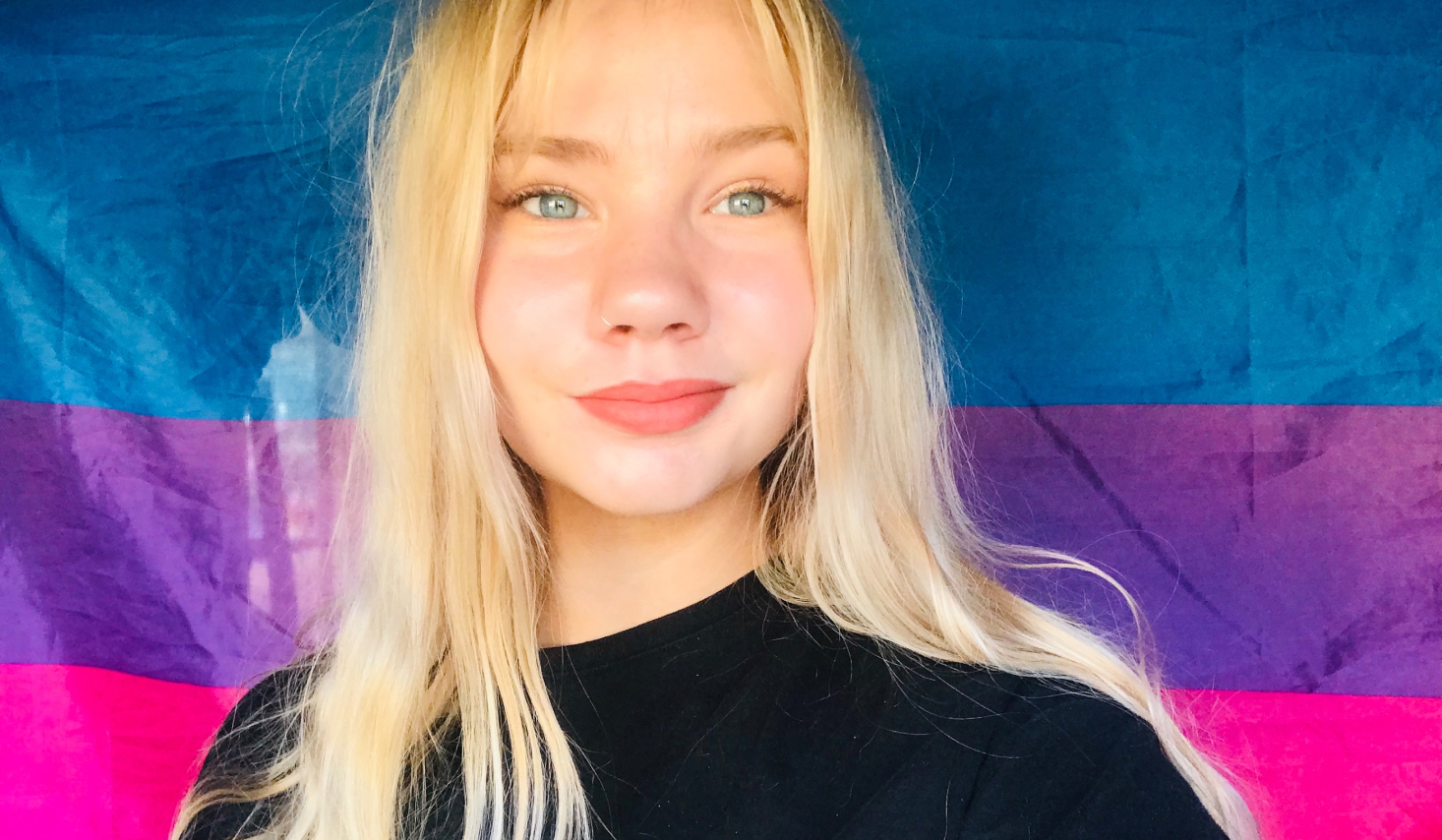
Unfortunately, most of the biphobia and bi-erasure that I have witnessed has come from within the LGBTQIA+ community itself. The rhetoric that surrounding bisexuality can sometimes create pressure for bisexual people to “prove themselves”. To prove that they’re actually attracted to multiple genders, to prove that they’re not “greedy and indecisive”, to prove that they aren’t “attention-seeking” and unable to “pick a side”.
For me, these assumptions left me with an internal struggle, feeling stuck between hiding my sexuality or subscribing to stereotypes to prove that my identity was legitimate.
I remember recently listening to a renowned and respected lesbian podcaster as she joked with an interviewee that her male bisexual friend was basically just gay, right?
As I listened to her toying with the idea that bisexual people don’t exist, that all bisexuals are secretly just lesbians or gays in hiding, I realised that it was this kind of casual bi-erasure that sustains the way we think about bisexuality. Whether intended or not, these biphobic “jokes” can entrench the idea that bisexuality is a myth.
This is why representation and inclusive allyship is so important. Feeling like I had to keep explaining my sexuality, or hide parts of it that weren’t idealised, became exhausting. My community was supposed to be my safe place, but the comments, jokes and jibes sent the message that my feelings aren’t real, my experiences aren’t real, my love and my pain and my existence… all not real. Dating someone of the same gender does not make me gay and dating someone of the opposite does not make me straight. As Heartstopper’s Kit Connor so earnestly declared: “I’m bi, actually.”
If there’s anything I am remembering during Bisexual Awareness Week, it’s this: There is no one way to be bisexual.
We don’t have to look a certain way, appeal to stereotypes or have a whole load of experience to know exactly who we are. I now volunteer for a charity called Just Like Us, and being around so many other LGBTQIA+ young people has helped me eliminate some of the shame I was feeling and provided a space for folks of all queer identities to feel safe and accepted.
Finally, I realised I didn’t owe my queerness to anyone. I know that I am bisexual, and that I am enough exactly as I am.
Alice is ambassador for Just Like Us, the LGBTQIA+ young people’s charity. LGBTQIA+ and 18-25? Sign up now!
